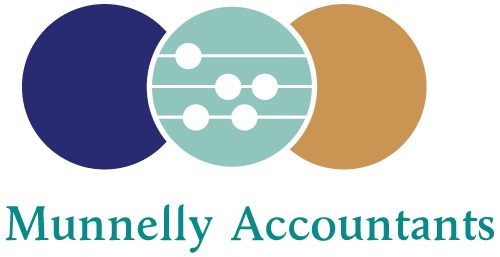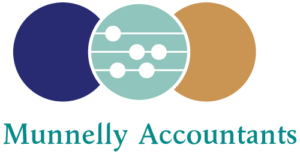If you are letting a property to tenants, there’s a good chance that you’re not seeing a lot of income after you’ve paid your mortgage, insurance and other bills. There’s a common misconception that when a property is let, it only needs to be declared on a tax return once it is profitable. Unfortunately this is not the case, as all rental income received should be declared to Revenue.
Many people would view their mortgage payment as an expense that can be off-set against the rental income, and will come to the conclusion that they aren’t making a profit at all. However in actual fact you can only off-set the interest paid on your mortgage, which is normally considerably less than the actual mortgage payment itself. So what may seem like a loss making source of income can often be profit making in the eyes of Revenue.
If your rental property is loss-making, there is a good reason for you to be declaring the loss now by submitting a tax return. Although it will have no tax benefit now, later down the line when you may be making a profit, the losses generated in the early days can be off-set against these profits. By not informing Revenue of the losses via a tax return, they will simply have been lost.
There are a number of expenses that can be off-set against the rental income, and these include: –
- Mortgage interest on the loan to acquire property
- Repairs e.g damp and rot treatment, repairing broken windows or appliances
- Maintenance e.g cleaning, painting or decorating costs
- Management and estate agent fees
- Advertisement expenses
- Insurance premiums
- Legal fees incurred when drawing up the lease
- PRTB registration fee
- Fees paid to accountants for preparation of rental accounts
- Service charges if these are paid by the landlord and no separate payment is received from the tenant e.g. bin charges, electricity, gas, phone rental etc.
At the beginning of the tenancy make sure to keep a record of the cost of furniture and fittings in the property as there is also an allowance for wear and tear of furniture and appliances. An allowance of 12.5% of the cost of furniture and appliances can be offset per annum for 8 years. For example if you purchase furniture for €2,000, for the next 8 years you can offset €250 each year against the rental income.
It is also important to note that mortgage interest tax relief at source (MITRS) cannot be claimed while renting out a property. If you are continuing to receive this you should contact Revenue and let them know that the property is being rented. If you continue to claim this you could find that Revenue may ask for you to repay it at a later date.
Finally remember to register with the Private Residential Tenancies Board, (PRTB). If you are not registered with the PRTB you will not be allowed to claim some reliefs so it is important to do this when a tenancy commences.




